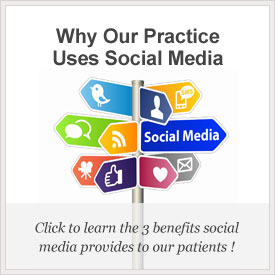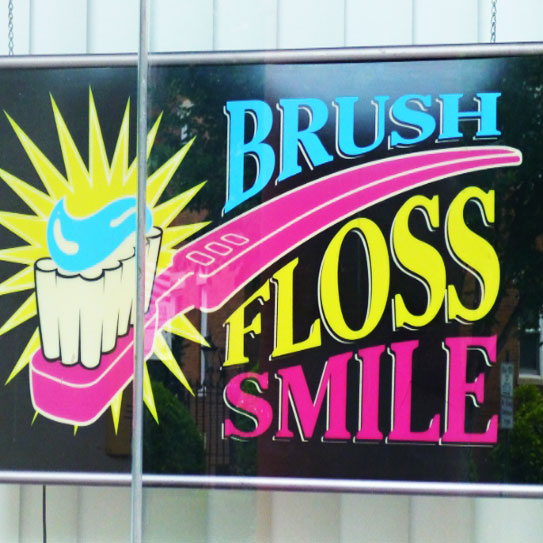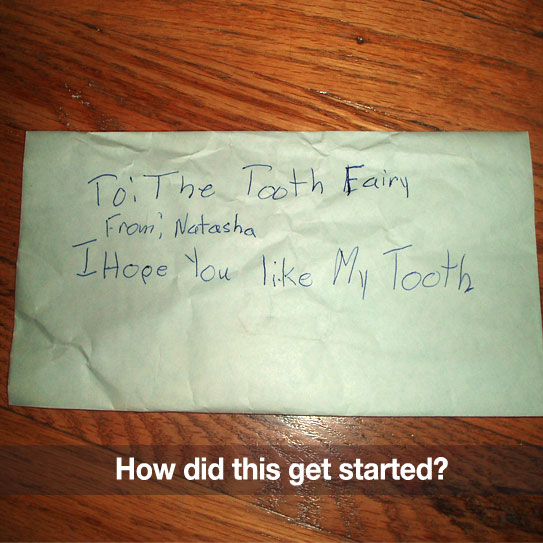2015: The Year Of The Smile

IT ISN’T ALWAYS ABOUT looking like a movie star or supermodel. It’s about feeling confident and comfortable with your healthy smile!
Smiling’s Amazing Benefits
You may not typically think about it this way, but your smile is powerful:
- Smiles can make you healthier. Smiling immediately lowers your blood pressure, slows your heart, and boosts your immunity. Endorphins released by smiling counteract stress and pain.
- Smiles spread. Studies show that when you smile, 50% of people will smile back. Smiles are highly contagious, creating waves that help make people more productive, interactive, and satisfied.
- Even fake smiles can brighten your mood! Studies have shown that smiles (real and fake) can cause a positive-mood feedback loop between brain and body.
- Smiling makes great first impressions. Smiling makes you more attractive and can help lead to success in our professional and personal lives.
Get YOUR Smile On With These Feel-Good Facts!
Would You Like To Visit About Your Smile?
Feeling self-conscious about your smile should never prevent you from realizing the benefits of smiling! Restoring and maintaining a beautiful, healthy smile encompasses many considerations. Our goal is to always work together with you to provide the best solutions for your unique smile and circumstances.
Sometimes, something very minor like smile whitening can make a huge difference! Sometimes the answer is a gorgeous smile makeover. And sometimes we just need to help you get your smile healthy again, independent of any cosmetic considerations.
Whatever the case, we’re your trusted resource for clear information and honest recommendations. Thank you for the trust you place in our practice.
Share Your Smile More In 2015!
Make the world a better place with your smile.


















My daughter and I love going to see Dr Aparna Sadineni and her professional staff. We never have to wait and the staff knows us like a second family. I highly recommend this office!